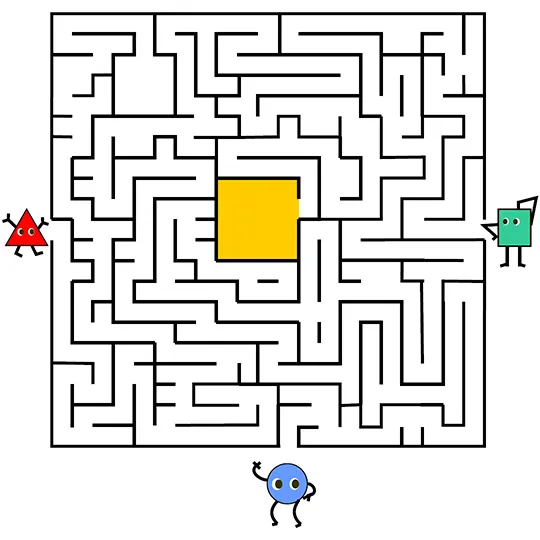
Dementia is a blanket term that covers many progressive brain disorders eg. Alzheimers, Lewy Body Dementia, Vascular dementia. They affect memory, thinking, behaviour, and the ability to perform daily activities. According to the World Health Organization, approximately 50 million people worldwide have dementia, and the number is expected to triple by 2050.
Here are some reputable sources that explain why and how puzzles and quizzes help dementia patients:
1. Alzheimer’s Society:
The Alzheimer’s Society is a UK-based charity that provides support and information for people with dementia, their families, and caregivers. According to their website, puzzles and quizzes can help stimulate the brain and improve memory and cognitive skills. Activities such as crossword puzzles, Sudoku, and jigsaw puzzles can help keep the brain active and engaged.
Learn more: https://www.alzheimers.org.uk
2. Mayo Clinic:
The Mayo Clinic is a non-profit academic medical centre based in the United States. According to their website, mental stimulation through activities such as puzzles and quizzes can help delay the onset of dementia and improve cognitive function in people with mild cognitive impairment.
Learn more: https://newsnetwork.mayoclinic.org/discussion/mayo-clinic-minute-brain-activities-decrease-risk-of-dementia/
3. Harvard Health Publishing:
Harvard Health Publishing is a division of Harvard Medical School that provides health information for the general public. According to an article on their website, puzzles and quizzes can help improve memory, attention, and problem-solving skills in people with dementia. The article suggests activities such as word games, matching games, and memory games.
Learn more: https://www.health.harvard.edu/mind-and-mood/the-thinking-on-brain-games
4. National Institute on Aging:
The National Institute on Aging is a US government agency that conducts and supports research on aging and age-related diseases. According to their website, mental stimulation through activities such as puzzles and quizzes can help maintain cognitive function in people with dementia. The website suggests activities such as reading, playing games, and doing crossword puzzles.
Learn more: www.nia.nih.gov/
In conclusion, puzzles and quizzes can be beneficial for dementia patients by providing mental stimulation and improving cognitive function. Activities such as crossword puzzles, Sudoku, and jigsaw puzzles can help keep the brain active and engaged, while word games, matching games, and memory games can improve memory, attention, and problem-solving skills. These activities can help delay the onset of dementia and improve quality of life for people with dementia.


